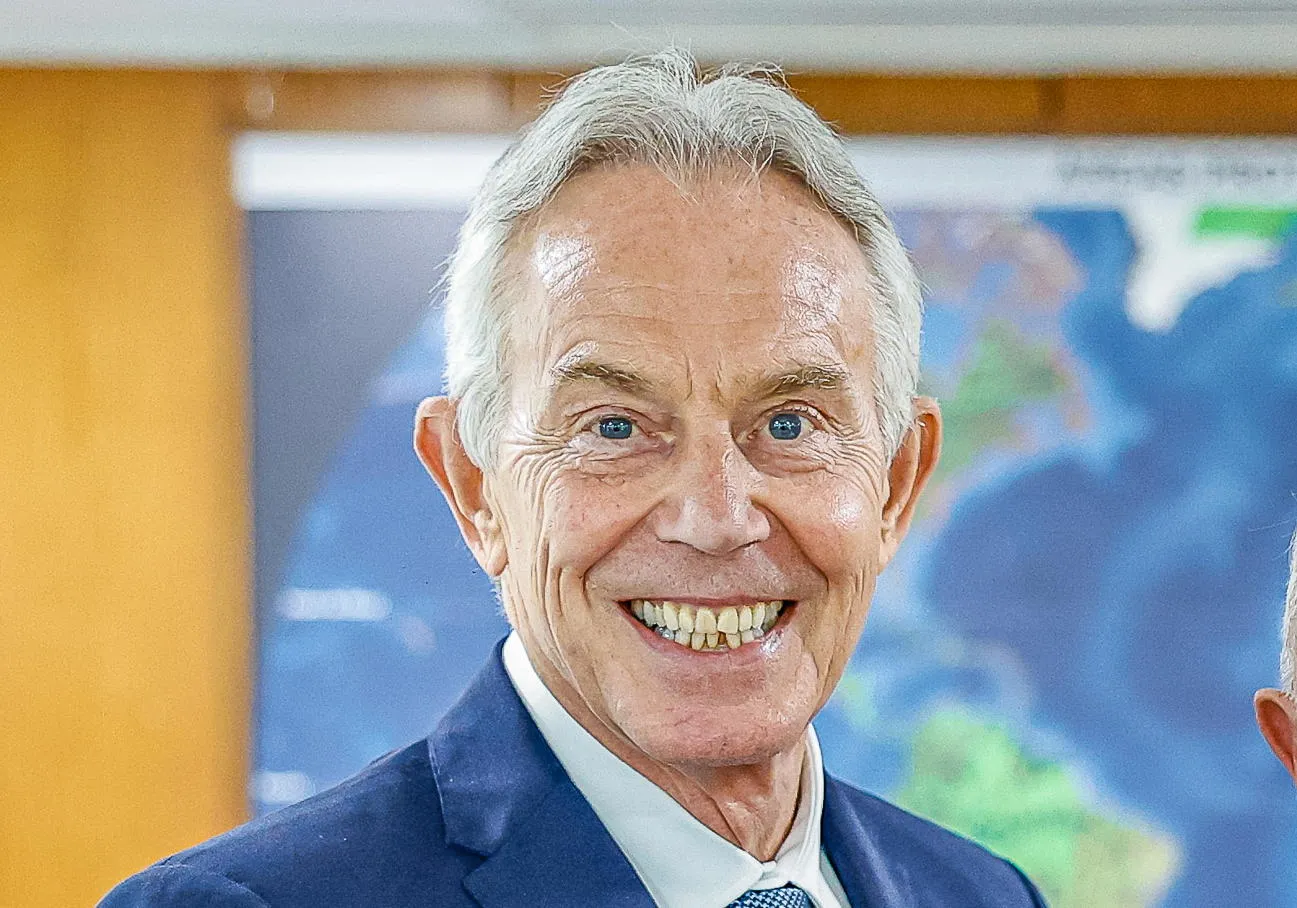There has been a growing murmur from throughout the trans-Atlantic in response to the moves away from the dollar and towards a new financial system. Recently, following March 20-21 meetings of Xi Xinping and Vladimir Putin in Moscow, the recent comment from Russia’s Deputy Duma Speaker that there were discussions of a new “BRICS common currency,” and then the agreement between China and Brazil to trade in their own national currencies, the murmurs have grown to more of a yelp, or a shriek. Whatever the thinking in these Western circles is, the profound significance of this development cannot be ignored, and efforts are underway to downplay it or explain it away.
Here are just a handful of recent headlines under this topic:
Deutsche Welle: A new world order? BRICS nations offer alternative to West;
Fox: U.S. dollar being attacked from all sides;
Bloomberg: Suddenly Everyone Is Hunting for Alternatives to the U.S. Dollar;
Wall Street Journal: Russia Turns to China’s Yuan in Effort To Ditch the Dollar;
Foreign Policy: To Fend Off China, U.S. Should Extend Currency Swap Program to Asian Partners;
Al Jazeera: Can Russia and China Succeed in Dethroning the Dollar?
Washington Post: The Dollar Is Our Superpower, and Russia and China Are Threatening It; Atlantic Council: Russia and China Have Been Teaming Up To Reduce Reliance on the Dollar; Washington Examiner: Biden Lets China Threaten the Greenback’s Status as the World’s Reserve Rurrency.
On April 5, Tucker Carlson ran an interesting segment on this process:
Over recent decades, he said, the dollar’s role as reserve currency kept borrowing rates “artificially low.” “Money was cheap. We had privileges that nobody else in the world had. It’s been very nice, but what would happen if it ended?”


